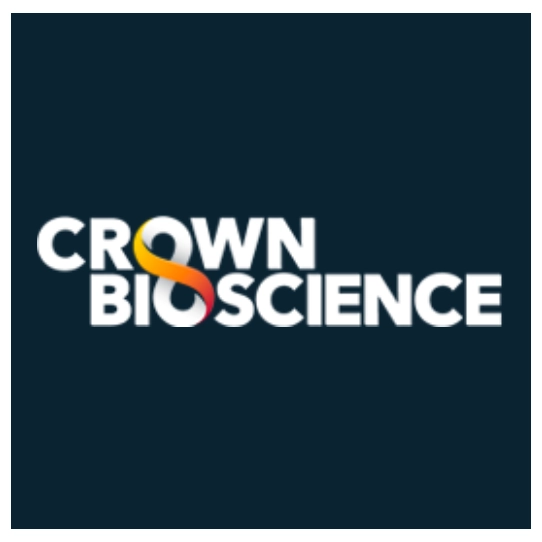Evolving Biomarkers: Charting the Future of Precision Medicine
In a rapidly shifting landscape of personalized medicine, biomarkers have become central to shaping the way drug development and clinical trials unfold. From predicting therapeutic response to identifying optimal patient populations, the complexity and scope of biomarker use has increased alongside technological advances. A key success story like the BCR-ABL biomarker in chronic myeloid leukemia demonstrates the power of targeted medicine, which has raised five-year survival rates from around 30–50% to over 90%. With the rise of multi-omics and AI-driven analytics, the industry is entering a new era of integration, data complexity—and unprecedented possibility.
How early should companies start thinking about biomarker strategy to improve outcomes and reduce clinical trial risk?
On this episode of Crown BioScience, host Jonny McMichael sits down with Julie Mayer, VP of the Global Biomarker Platform at Crown BioScience, to explore how biomarkers are revolutionizing oncology drug development. From diagnostic tools to regulatory rigor, they discuss where the field is heading, the success stories already reshaping care, and what it takes to stay ahead of the curve.
Main Points of Conversation:
-
The earlier biomarker strategies are developed in the pipeline, the better the potential for trial success and regulatory alignment.
-
Technological advances—like multi-omics and liquid biopsy—are enabling earlier, more accurate, and less invasive patient insights.
-
Future biomarker development will depend heavily on AI and bioinformatics to manage large, complex data and translate it into actionable therapies.
Julie Mayer is Vice President of the Global Biomarker Platform at Crown BioScience. With over 15 years of experience in molecular strategy and assay development, she previously held leadership roles at NeoGenomics Laboratories, GenOptix, and Navigate Biopharmaceuticals. Julie holds a PhD in Pathology from the Keck School of Medicine at the University of Southern California.




